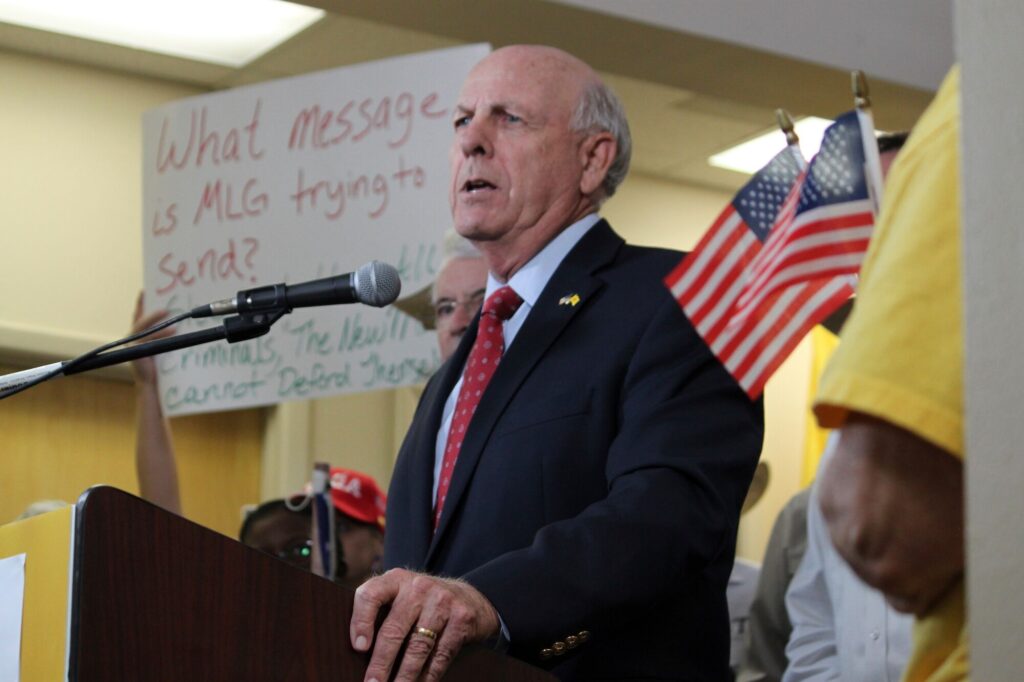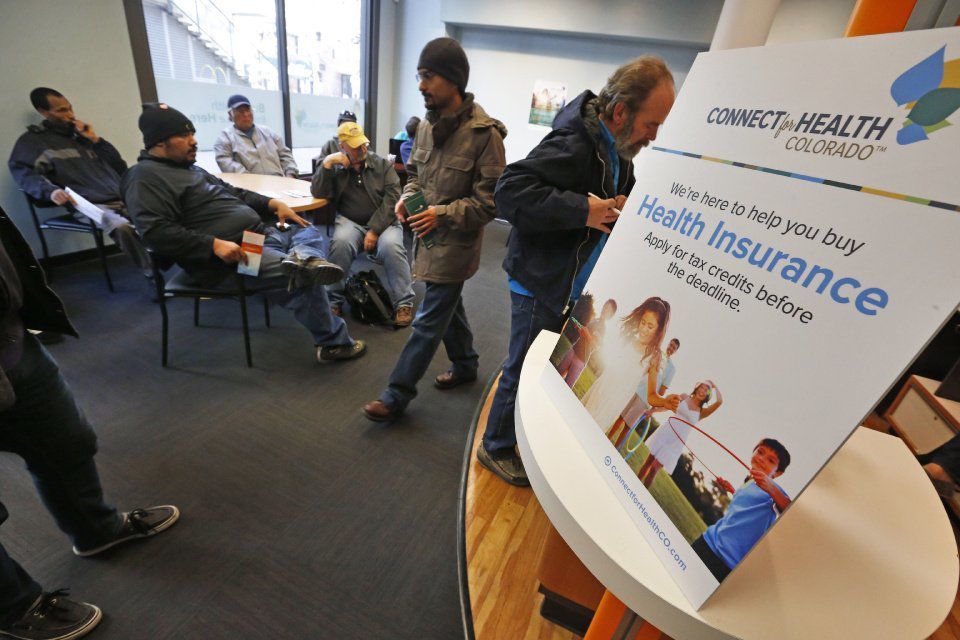A fix to the 2024 Colorado Artificial Intelligence regulation bill fails in 2025, compliance required in 2026
Although the sponsor and stakeholders worked for nearly a year on a fix to the artificial intelligence law enacted last year, that will have to wait.
Senate Majority Leader Robert Rodriguez, D-Denver, asked the Senate Business, Labor & Technology Committee to postpone Senate Bill 318 indefinitely on Monday, effectively killing the measure.
The bill follows a law adopted in the 2024 session that, for the first time in the nation, sought to establish guardrails around the use of artificial intelligence, primarily in employment, health care, education, and government practices, where, backers said, the risk of bias or discrimination exists.
With SB 318 dying, institutions must meet the Feb. 1, 2026, deadline to comply with the 2024 bill.
While the governor signed Senate Bill 24-205 last year, he pushed for adjustments to address lingering worries. In his May 17, 2024, signing statement, Gov. Jared Polis asked lawmakers to keep working on it before its 2026 implementation date of Feb. 1.
“I am concerned about the impact this law may have on an industry fueling critical technological advancements,” Polis said. State-level government regulation, he added, can “tamper with innovation and deter competition.”
A month later, the governor, Attorney General Phil Weiser and Rodriguez penned a joint letter to “innovators, consumers and all those interested in the AI space,” in which they pledged to provide clarity around the law and minimize the “unintended consequences” associated with the bill’s implementation. That includes convening a legislatively created task force to propose recommendations on changes requested after the bill becomes law.
The letter said, “home-grown businesses” had highlighted a risk tied to an “overly broad definition of AI,” along with disclosure requirements that could impose high costs and result in barriers to growth and product development, job losses, and limitations on raising capital.
To address those concerns, the law would need improvements in at least five areas:
• Refining the definition of AI to align with a federal definition, as well as definitions from other states with substantial technology sectors,
• Focus regulation on the developers of “high-risk” AI, rather than “deployers” — meaning smaller businesses that may use AI through third-party software,
• Shift to a more traditional enforcement model under the Attorney General rather than the law’s proactive disclosure requirement,
• Making clear that the consumer’s right of appeal is tied to the Attorney General’s ability to investigate discrimination, or through the Consumer Rights Commission, and
• Address other measures the state could take to be more welcoming for technological innovation, while preventing discrimination.
SB 318, the fix to the 2024 law, was introduced just a week ago, and immediately drew criticisms from venture capitalists, public schools and higher ed institutions, and technology advocates. Rodriguez, however, said the bill was just a starting point and that he would continue to work with all interested parties in preparation for its first hearing.
The bill got its first hearing Monday, the third day before the end of the session, giving it a concise path to completion.
Sources told Colorado Politics the bill had limited options: either kill it or strike its original language to extend the law’s original implementation date to give the interested parties more time to work out a compromise.
Rodriguez told the Senate business committee Monday that that being a first-in-the-nation bill didn’t mean they had everything right. “We got to a point a couple of weeks ago, we weren’t going to get consensus,” even though there would be more work on rulemaking throughout the summer.
Rodriguez initially said he wanted to extend the implementation date to April 14, 2026, by over two months. But he said extending it isn’t a good option, either, pointing out that the law has been in effect for a year.
However, when the time came for amendments, Rodriguez abandoned the notion of extending the implementation date. Sen. Mark Baisley, R-Woodland Park, did offer an amendment to strike the bill’s original language and extend the implementation date to Jan. 1, 2027. That amendment failed.











